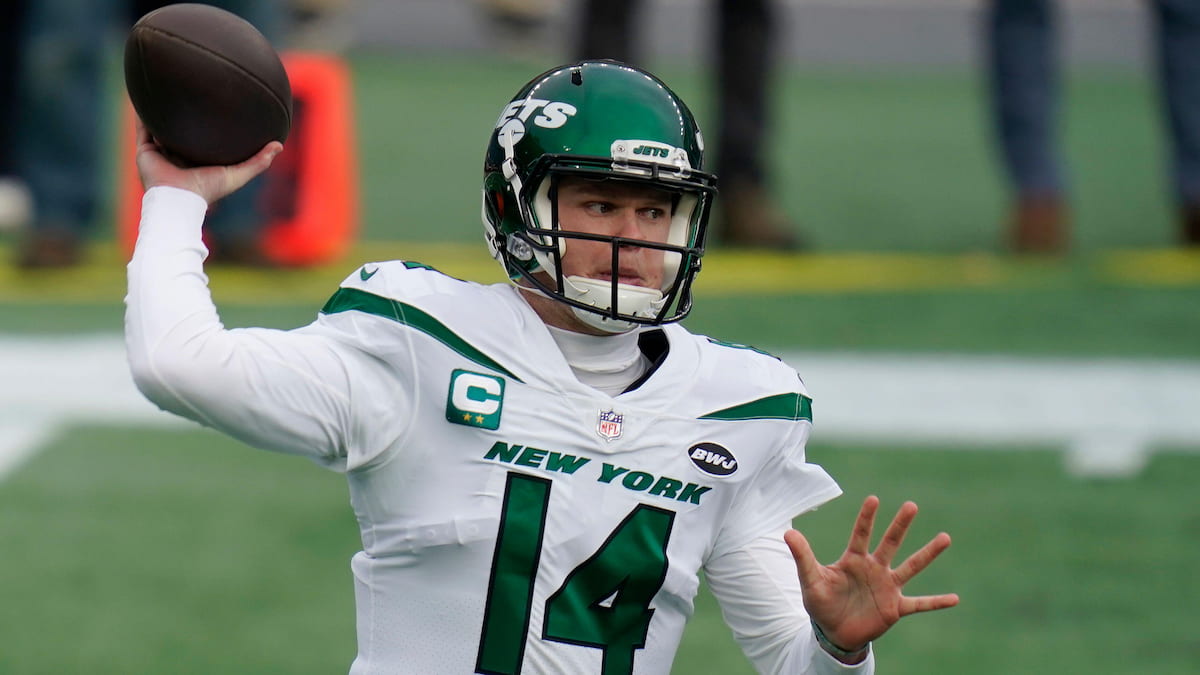Latest Sports Picks, News and Previews

Free agency has undoubtedly changed the way sports are played. More specifically, it allows for better negotiations and higher salaries for a player, which depending on your perspective can be a good or bad thing.
With free agency comes more player independence, and the ability to make more specific personal demands. It has been introduced to many sports leagues around the world for several reasons which we’ll dive into. For this article, we’ll discuss how free agency has transformed professional sports as a whole, including how it affects team strategies, player movement, contract negotiation, and more.
Since its creation, free agency has been the forefront movement that benefits players for several reasons. Free agency occurs when a player’s contract for a specific team is nearing expiration, meaning that the player will either have to re-sign with their current team or look for a new one. While there are different rules and regulations for each league in America, most have a specific “transfer” or “trade” window where free agent negotiations are legal for a specific period. This causes players to evaluate where they stand in their career, allowing them (or their agent) to negotiate with their team for higher salaries and prepare for a possible move.
Think of this process as a way for players to determine and set their value when negotiating for a higher salary, otherwise, the franchise teams would have total control over a single player’s salary. If the previous team doesn’t want to re-sign a current player, that player can simply negotiate for a new contract with another team that’s willing to take him or her. The freedom of choice created from free agency is what allows for a more balanced distribution of wealth and talent across multiple professional sports leagues.

Of course, this results in different teams, even less well-established ones, to be able to afford special players. On the contrary, though, this means weaker teams can offer more money to star players, meaning that players might take the contract and join a lackluster team that turns in no profits. For example, in 2022, Christian Kirk was signed as a wide receiver for the Jacksonville Jaguars for $18 million per year, the second-highest annual average value NFL contract of the free agency class. The Jaguars are one of the worst NFL franchises in history and even had the worst record in the NFL that previous season.
From this, we can see a lopsided talent distribution where talented players are more than willing to take a large sum of money rather than care about what team they’re playing for. In the end, you may see odd trades and transfers that just don’t make sense. On the other hand, though, free agency has created a competitive trading ecosystem where not only is money important, but timing is as well. Overall, it’s nearly impossible to find something in sports that free agency hasn’t affected, leading us to believe that free agency played a crucial part in transforming global sports altogether.

Liam has been a major sports fan and soccer player for over a decade, with a particular focus on major top-level soccer leagues, including the EPL, La Liga, Serie A, Bundesliga and MLS. He has written numerous promotional articles for various top sportsbooks and continues to publish historical and factual sports articles covering the NFL, MLS, NHL, MLB, EPL and more.